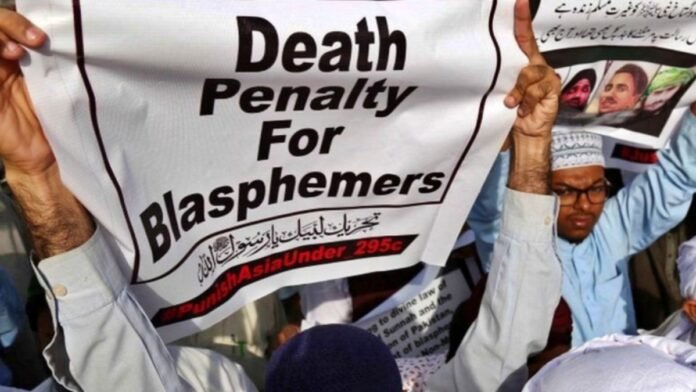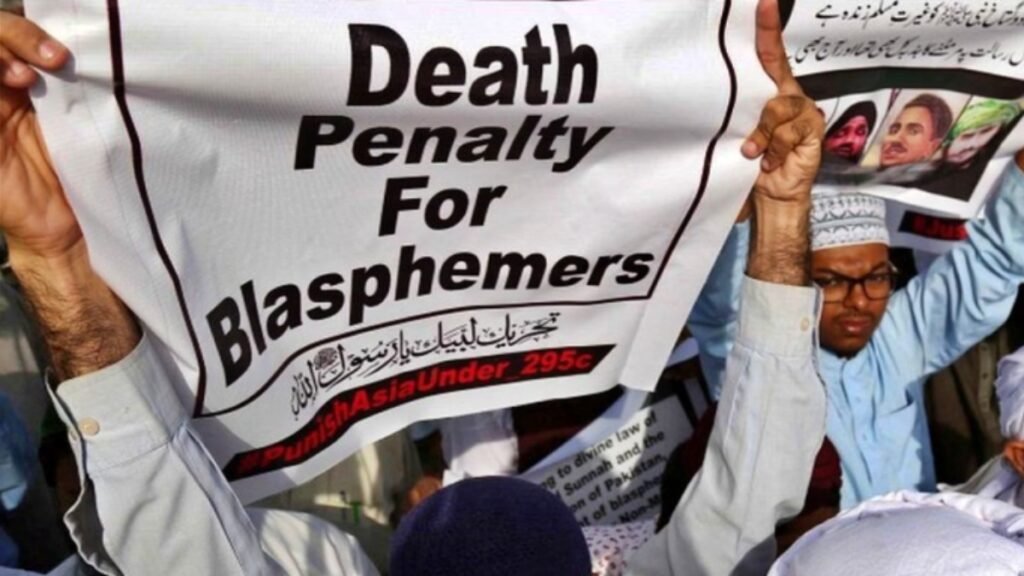
Islamabad: A Pakistani court has recently handed down a verdict in a blasphemy case that has drawn significant attention. The case involves two individuals, a 22-year-old student and a 17-year-old, who were accused of disseminating blasphemous content via WhatsApp. The content in question was said to be insulting towards Prophet Muhammad and his wives.
Court Proceedings:
The provincial court in Pakistan’s most populous region found the 22-year-old guilty of sharing blasphemous pictures and videos, which were deemed to have been intended to outrage the religious sentiments of Muslims. This verdict was reported by the BBC. Concurrently, the 17-year-old was sentenced to life imprisonment. Both defendants have denied the allegations against them.
Sentences and Reactions:
In Pakistan, blasphemy is a crime that can carry the death penalty. In this case, the 22-year-old received a death sentence, while the 17-year-old was given life imprisonment. The defense has claimed that the case was fabricated, and the father of the older defendant has indicated plans to appeal the decision in the Lahore High Court.
Context of Blasphemy Laws:
Blasphemy laws in Pakistan have a long history, having been introduced during British colonial rule and later expanded in the 1980s. These laws have been a source of considerable controversy and have led to incidents of violence, including lynchings of accused individuals before their trials could be conducted.
Recent Incidents:
This case follows a recent incident where a woman was accused of blasphemy for wearing a dress with Arabic calligraphy, which was mistaken for Quranic verses. Additionally, there have been protests led by the Tehreek-e-Labaik Pakistan (TLP) against alleged blasphemous remarks by the Chief Justice of Pakistan, Qazi Faez Isa.

The case has highlighted the ongoing tensions surrounding blasphemy laws in Pakistan and the severe consequences that can result from accusations of blasphemy. The appeal process for the defendants is pending, and the situation continues to be a focal point of debate within the country and among international observers.
Please note that this is a sensitive topic, and the information provided is based on available reports. It is important to approach such subjects with care and consideration for the diverse perspectives involved.



















































